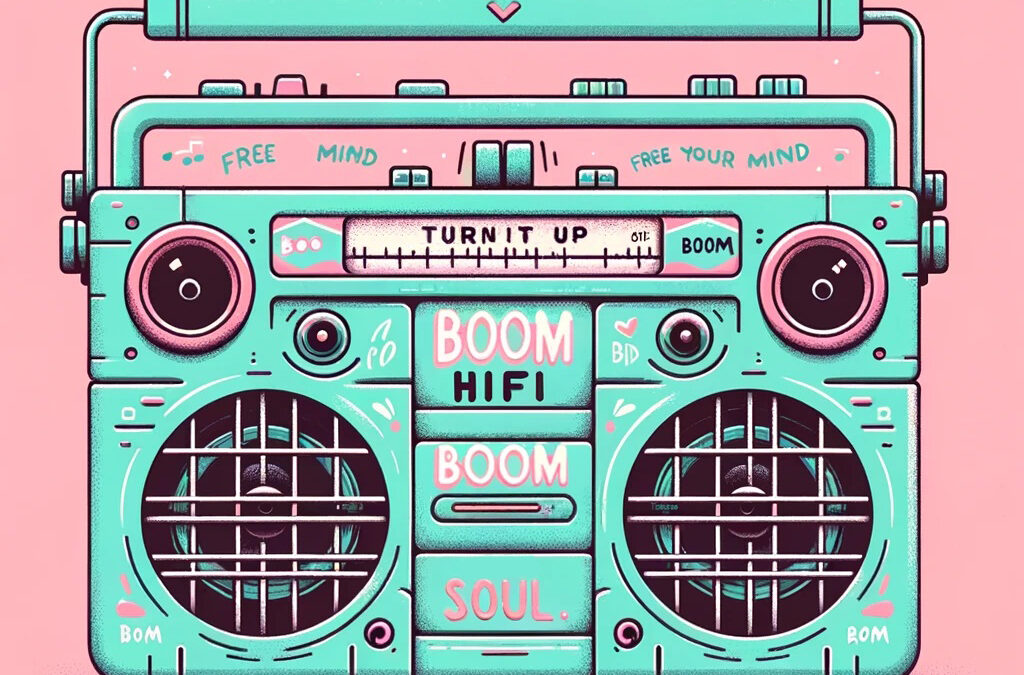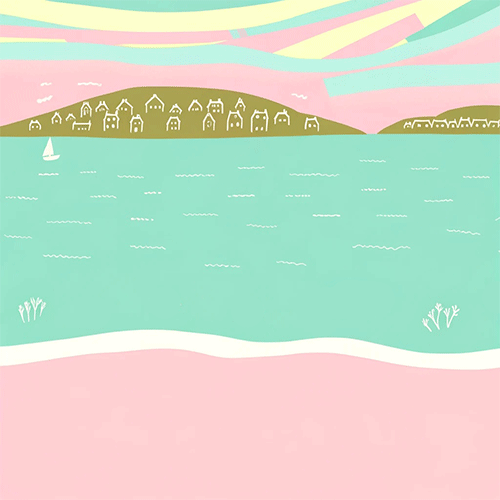Two Grey Beards
The grey-bearded man walking towards me
looks like a long lost twin
here above Marton in the South Lakes
where wind turbines serenade the sheep.
We stop and say hello and are soon talking
about oil barons and political shenanigans
and how the turbines are ugly objects –
wave power the better alternative
but not with petroleum in the ground and
those men who run things still so full of desire.
On this we agree, and it is amazing
how quickly a conversation develops,
he suggesting I take a walk at Pennington
(assuming I am as committed as him)
and it seems right to explain a problem
when I tell him of my wife’s infirmity.
He asks outright and I inform him of the 40+ years
and he praises her for doing so well
when I agree, again. The turbines still turn,
sheep ignoring the whirr and moving shadows.
We both look out beyond where we stand and a lamb
bleats for its mother, lost for a few seconds.
I have earlier taken pictures of the turbines on
Spring green hills against cloudless blue skies
and all these sheep grazing at their sides.
I want to suggest there is a beauty
in these contrasts, but think better of it.
One picture I see later when viewing on the
camera’s screen is a city of wind machines in the
haze out at sea we both commented on
when talking, he not knowing of my
collection of ugly things made beautiful
in their surroundings. Where we might have
concurred if discussing this is how in life
we make the best of things, even if a fleeting spin
on a country lane with two grey-bearded men.
Not a Greek Tragedy
With recalls like shifting sand, it wouldn’t be a
Greek tragedy had he lost my book on the beach,
a memoir opened in his hands to a brush of sea
breeze – yet forgetting it there, pages would
have unfurled after waves rose up to layer it out
in its to-and-fro of liquid reading. Or if he left the
book opened on a taverna table when drinking
to a different forgetfulness, chancing Ouzo
after a vignette about Derrida, trying to deconstruct
that hangover before it arrives caboose-first,
someone else could stumble across and discover
the problems of language. But to leave behind in an
airport lounge was the existential gift to fellow
travellers, others to pick up the storylines and
possibly connect – having lost and found like us
too – and we can think it an altruism of a fortuitous
share when bringing a wider audience in to play,
an improvisation with a framing in our names.
Christmas Offer
Reading that Sunday’s newspaper supplement
Those We Lost, he was warmed by how many
of those recollected had touched his life too:
memories shaped by their presence and what
was left behind, hearing and seeing afterwards
to feel life all over again. He contacted closest
friends and asked if they would want a forfeit
of his own life for any such as those others.
It couldn’t be a free-for-all – and apart from not
eschewing his own survival completely, he wanted
a category to be made up with the like-minded,
some deep empathy in any permanent exchange,
so he selected Musicians / Writers / Actors / Artists
(‘creatives’ as a shared love), and though never
thinking he’d made similar impressions, hoped
this would be a prompt and urge for remembering him.
From however many of these, one would be chosen
to return and take his place, and it’d be his decision
entirely – the least he would request in the offering.
Setting a deadline up to the end of the week as
plenty of time for their deliberations, he did
receive one response early the next morning.






